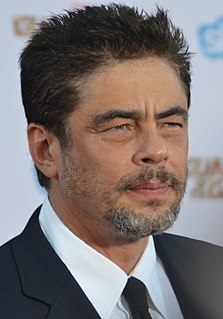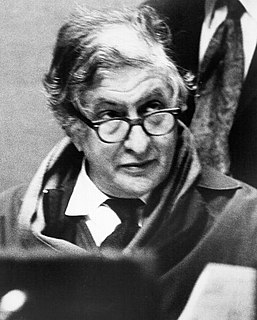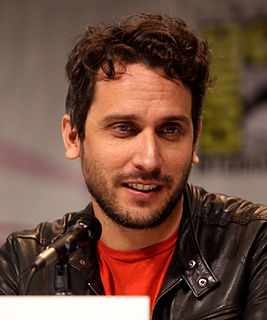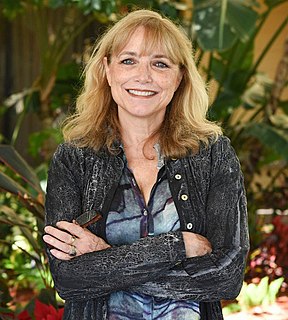A Quote by Lee Unkrich
I feel like my job as a storyteller and director is to create an experience where the audience forgets they're in a cinema and can get lost in the story. Things popping out of the screen call attention to the artifice of what you're doing, so I use 3D as more of a window into a world behind the screen.
Related Quotes
If the audience gets everything, if they see the photography and notice that it is good, then the story goes out the window, but if you become involved with the lives of the actors and forget that you are seeing mechanical devices on a huge screen - forget the make-believe - this is the job of the director to involve the audience with the actors.
When we go to the movies, we identify with the characters we see. That's why we go to the movies; we have a voyeuristic experience; we have an out of the body experience. The screen is more real than our thoughts are at the moment we are looking at the film and we place ourselves in the place of the people on the screen, and when they behave nobly, it makes us feel noble, when they are sad and when they have lost love, we feel sad; we can identify with that.
Oftentimes, when we think of 3D, we think of things coming out of the screen, but actually, you've got this zero, this negative space, what they call the negative space, which is the scene, what's being filmed in the positive space of the audience. As you can have things come out, you can have all of this depth.
When it comes to acting on green screen, it doesn't really make all that much of a difference to me because how you interact with your environment or characters is always dictated by your imagination. So when you're acting against a green screen, you have more of an opportunity to create your own world. So what was magical throughout this process was watching this movie come to life with the 3D.
I feel that music on the screen can seek out and intensify the inner thoughts of the characters. It can invest a scene with terror, grandeur, gaiety, or misery. It can propel narrative switftly forward, or slow it down. It often lifts mere dialogue into the realm of poetry. Finally, it is the communicating link between the screen and the audience, reaching out and enveloping all into one single experience.
The truth is, when I started to make films, I was terrified. I had a huge difference in what I was writing in the screenplay and what was on the screen after. Sometimes there was a big gap. Now, the more I have experienced, the more I do movies, the more I feel that the dream is closer to the screen. It's coming with experience.





































